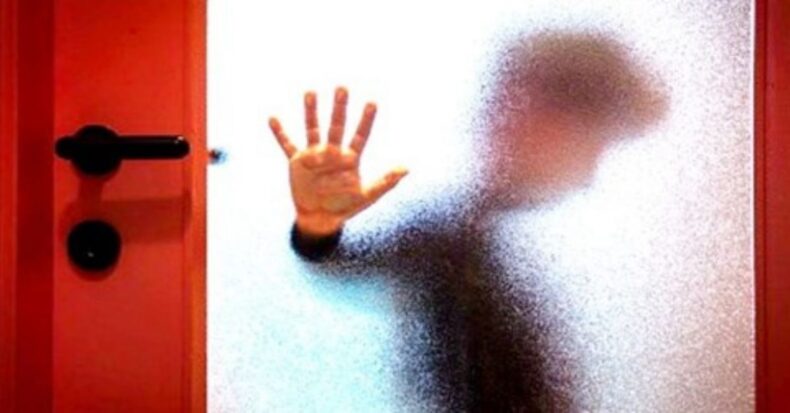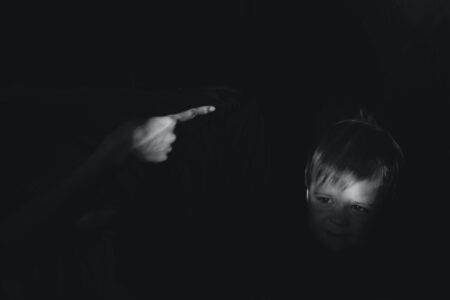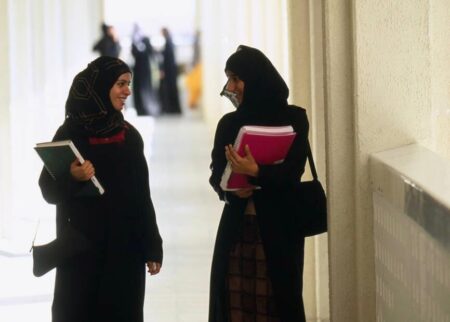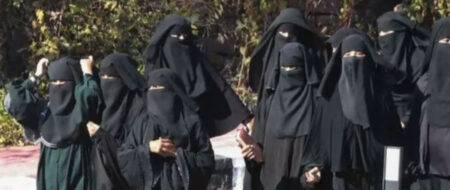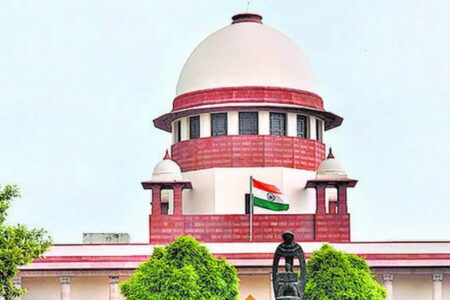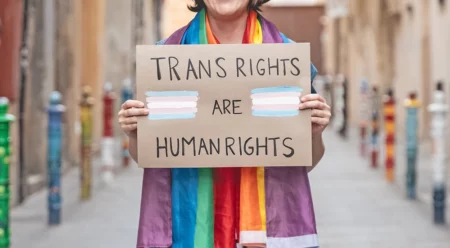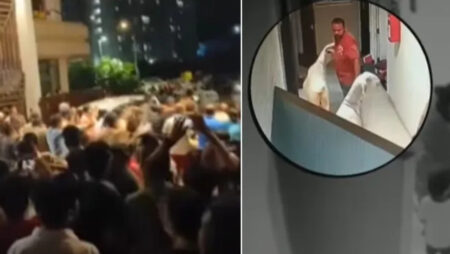French Prime Minister Jean Castex’s met with the Pope at the Vatican on Monday amid the ongoing turmoil based on the report made after the study conducted by Jean-Marc Sauve on the clerical child abuse in the French Catholic church. Along with child abuse, now the sanctity of confession has also become a matter of revolt.
The Prime Minister paid a visit to the Vatican and Rome for celebrations which marked the centenary of the restoration of France and the Holy See’s diplomatic relations. The long-planned trip of the French PM to Rome included talks with the Italian Prime Minister Mario Draghi.
Pope and Castex had a private talk that lasted around 35 minutes at the Vatican, as France 24. The trip to Rome caught all the attention when the latest abuse scandal hit the Roman Catholic Church, which suggests that clergy in France may have sexually abused children for more than 70 years and estimated that some 216,000 children had undergone such abuse late as of 2016.
The Clerical Child Abuse
The Church requested an independent inquiry, which released its findings in a recently released report. Jean-Marc Sauve, who led the investigation, said the findings are damning and that the Church sometimes knowingly put children in touch with the predators.
The study reports that since the 1950s, there have been about 2,900 to 3,200 suspected paedophiles in the French Church, and the number of victims may rise to 330,000 people when including abuse by members of the Church who are not clergy. Most of the victims were boys aged between 10 and 13.
Pope Francis said earlier this month that it was the moment of shame at his weekly general audience, calling on bishops to make every effort to ensure that similar tragedies won’t happen again.
The Pope expressed his shame at the findings echoing a similar sentiment to the French Church leaders. But following the conclusions of the report and the incidents, a row broke out when Archbishop Eric de Moulins-Beaufort, who is the head of the Bishops’ Conference of France, said priests were not obliged to report sexual abuse if they heard about it during the Catholic ritual of confession, used to admit to sins.
Sanctity of Confession
This statement has now become a heated discussion. As the archbishop tries to uphold the sanctity of the holy confession, his actions and words can be in the way of passively aligning with the alleged paedophiles.
The terms of Eric de Moulins-Beaufort were in line with Vatican guidelines updated last year, which call on clerics to report abuse claims. They preach that the confession is subject to “the strictest bond of the sacramental seal” while saying the confessor should try and convince the penitent to tell someone else.
The nature of the Catholic Church’s confession has always been a topic of debate and discussion. In cases like the alleged clerical child abuse that has shocked the world, it is hard to believe that the clergy had no part. The entire system is, in fact, a reason, for the numbers of the alleged predators are indeed true.
More about the Commission
This commission’s formation came after Pope Francis passed a landmark measure obliging those who know about sex abuse in the Catholic Church to report it to their superiors. Jean-Marc Sauve led the commission’s research and uncovered that about 2,900 and 3,200 paedophile priests or other members of the Church were there, adding that it was a minimum estimate.
The commission’s report was released on Tuesday after a long two and a half years of research based on church, court and police archives, as well as interviews with witnesses. Sauve, a senior French civil servant, said the report, which runs to 2,500 pages, had attempted to quantify both the number of offenders and the number of victims, and also have looked into “the mechanisms, notably institutional and cultural ones” within the Church which allowed paedophiles to remain.
The Bishops’ Conference of France (CEF) and the national congregations’ conference (CORREF) set up the independent commission in 2018 to respond to several scandals that shook the Church in France and worldwide. The commission consists of 22 legal professionals, doctors, historians, sociologists and theologians: its brief investigated allegations of child sex abuse by clerics dating back to the 1950s.







